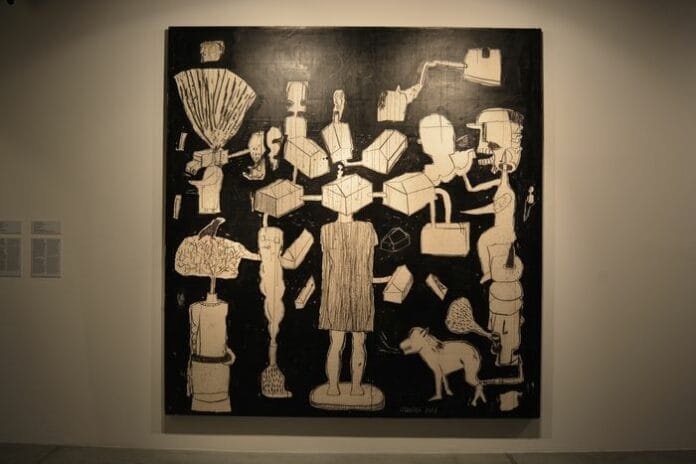The term “Active Fighters Against Fascism and Capitalism” referred to a special group within the Bulgarian Communist Party. These people were considered heroes of the communist regime and received many benefits. Over time, this group grew in size and power, even though many had never truly fought against fascism or capitalism.
A Tool for Legitimacy
The label “fighter against fascism” was not only used to honor true resistance fighters but was also a political tool. The Communist Party used this term to make the regime seem legitimate in the eyes of the world. In communist language, “fascist” didn’t just mean supporters of Nazi ideas—it came to mean anyone who disagreed with the party, whether openly or quietly Privileges of the Communist Rulers in Bulgaria.
So, by calling certain people “fighters against fascism and capitalism,” the regime gave them prestige while labeling others as enemies.
Privileges at the Expense of the People
In June 1945, the government passed a law that gave this group of so-called “fighters” special pensions—much higher than what regular people received. This was just one part of a much bigger system of rewards.
These fighters and their families enjoyed many privileges:
Priority for jobs and leadership positions
Free or cheap housing in the best parts of major cities
Free vacation villas
First access to cars and transportation
Special medical treatment
Reserved places in elite schools and universities
Even special, guarded graveyards for burial
Their children, grandchildren, and even more distant relatives (up to third cousins or relatives by marriage) also gained from this privileged status Walking Tours Ephesus.
An Ever-Growing Elite
Despite being described as a group of war heroes, the number of “active fighters” kept growing—reaching 200,000 by the end of the 1970s. This made it clear that many of them had never been real fighters. The title was being handed out to reward political loyalty rather than courage or sacrifice.
Even foreign diplomats noticed the inequality. In 1960, the British Embassy in Sofia reported:
“In fact, in Bulgaria there is an elite whose standard of living is at least ten times higher than that of the common man.”
Silencing the People
Ordinary citizens had few rights and were tightly controlled. For example, a law was passed to stop schoolchildren from subscribing to magazines without permission from the Ministry of Education. Freedom of expression was limited, and those who spoke out were often punished.
One such person was Georgi Zarkin—a poet, journalist, and political prisoner. He died in prison, and a private letter from him to his son shows how harsh life was for dissidents under communist rule.
The Fall of the Regime
By the late 1980s, the communist regimes in Eastern Europe began to collapse. People demanded freedom and change. International pressure and growing protests led to the fall of the Bulgarian communist government in 1989.
The system of rewarding “Active Fighters Against Fascism and Capitalism” created deep inequality in Bulgarian society. While a small group lived in comfort and privilege, most people faced poverty, limited freedoms, and harsh control. The regime’s fall marked the end of an era built on political favoritism and oppression.







